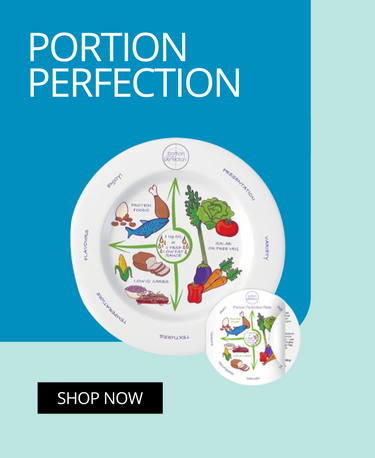Despite nearly two million Australians living with diabetes, it is one of the most misunderstood and stigmatised health conditions in the country. Up to 80% of people with diabetes report feeling blamed or shamed for living with the condition, and more than 25% say other people’s attitudes and stereotypes about diabetes negatively impact their mental health.
Experts believe community misunderstandings of diabetes are driving a common misconception that diabetes is simply a lifestyle condition caused by being overweight. In reality, there are several different types of diabetes and it is a complex set of conditions, with many different risk factors including genetics and family history, age, physical inactivity, and other medical conditions.
Due to the continued community misunderstanding about diabetes, Diabetes Australia has once again chosen to focus on diabetes-related stigma for this year’s National Diabetes Week taking place on 10-16 July 2022.
In this post, we look at understanding diabetes-related stigma and 6 ways you can enhance your wellbeing.
What are the Diabetes Related Stigma Statistics?
Research from Diabetes Australia found that:
- 52% of people with type 2 diabetes say people assume they are overweight or have been in the past.
- 37% of people with type 2 diabetes say people judge them for their food choices.
- 26% of people with type 2 diabetes have been told they brought it on themselves.
- 67% of people with type 1 diabetes say they are judged if they eat sugary foods or drinks.
- 55% say some people assume it is their fault that they have type 1 diabetes.
- 31% don’t tell other people they have type 1 diabetes, to avoid negative reactions.
Professor Jane Speight from the Australian Centre for Behavioural Research in Diabetes said diabetes stigma has major implications for how people manage their condition.
“Diabetes is not a joke, and stigma is more than just hurtful words and actions. It can have a significant impact on a person’s physical, mental and social well-being,” said Professor Speight.
“It can cause people to delay or skip medications, which can increase their risk of serious diabetes-related complications. It also affects their willingness to seek help and support from others, including from health professionals.”
People can experience diabetes stigma at school, in their families, at their workplace or sporting club, and throughout the community. It can happens at any age and regardless if diabetes type. Often it’s down to a lack of understanding and no malice is intended. However, for those affected it is an immense burden.
6 Ways to Enhance Your Diabetes Wellbeing
It’s hard to look after yourself when you are feeling down but learning how to be kind to yourself is a great way to improve your wellbeing. We are often much harder on ourselves than we are on our friends, so a great strategy if you are feeling distressed about your diabetes is imagine what you’d say to a close friend with the same struggles. Follow the advice you’d give to your friend instead.
1. Exercise is amazing. It releases happy hormones that increase wellbeing and reduce symptoms of depression and anxiety. Any amount of time you can put towards exercising is beneficial. Don’t know how to get started? Find an exercise physiologist at essa.org.au/
2. Eat a healthy diet, and avoid too much alcohol or drugs. For individualised advice on a healthy diet, contact a dietitian or start with some simple food swaps.
3. Try volunteering. Helping others and contributing to the community, however small, is proven to increase wellbeing. If you don’t want to get involved in structured volunteer work, think about helping a neighbour, dropping a book off at a street library or tidying up the strip outside your home.
4. Take some time to do the things you really enjoy.
5. Try keeping a journal; write down three positive things for each day.
6. Take time away from the news and social media.
Are You Suffering from Diabetes Related Stigma?
If you can relate to some of the feelings and experiences in this blog, there is help available. You can call the free Diabetes Counselling Service to talk to a counsellor about the demands and challenges you are facing. The counsellors understand how diabetes can affect your wellbeing and are there to offer a sympathetic and practical ear. They can provide you with tips and strategies to help your deal with your diabetes management, or advice on how to help someone else. If you feel you need support call them on 1300 342 238 and the team will arrange an appointment for you. Please note that this is not an emergency service. If you are suffering acute symptoms you should contact your healthcare team.



